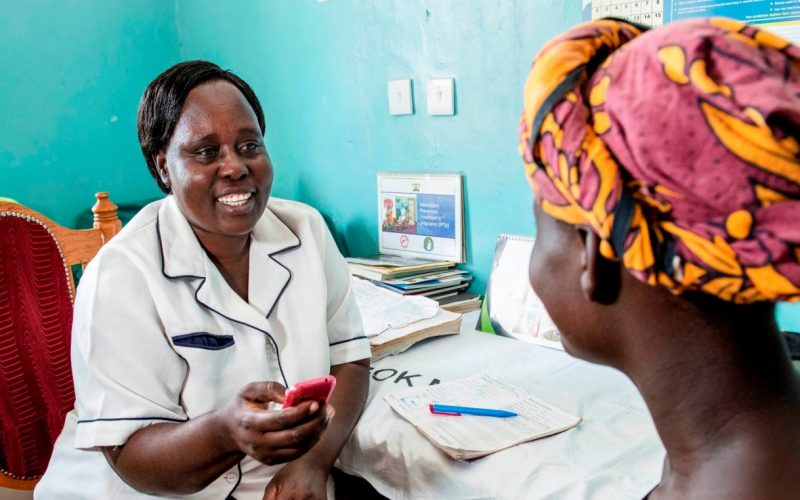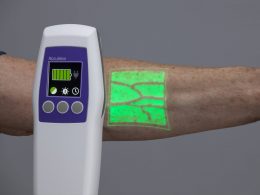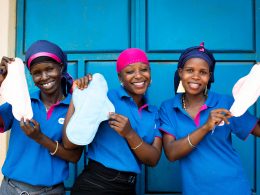By Mark Kawalya.
Walimu is a non-profit that focuses its efforts on the improvement of medical care for hospitalized, severely sick patients in resource-constrained settings. The organization works to bridge a major gap in the global health sector. Globally, the health community has centered its efforts on large-scale disease prevention and health system reforms.
However, there are few efforts to improve the quality of health care delivered to last-mile patients. This is because, in limited-resource settings and severely sick populations, access and prevention, and not standard treatments, should be prioritized.
Walimu developed the Severe Illness Management Support (SIMS) program, which is used in training health workers through the use of behavioral change interventions that reinforce the adoption of Integrated Management of Adolescent and Adult Illness (IMAI) guidelines.
SIMS was developed out of a simple observation. In many low-income countries, a large number of patients die of curable conditions for the simple reason that they are not diagnosed and treated early enough.
While the necessary resources for caring for patients are available, often the necessary procedures and provider behaviors for appropriately treating patients are lacking.
The program makes use of diagnostic equipment that enables health workers to carry out recommended practices and access point-of-care information guidelines using mobile devices.
The organization was co-founded by Elijah Goldberg with a team of dedicated doctors from Uganda and the United States who have experience in the study of severe illnesses.
In 2014, Walimu implemented the SIMS project in four medical facilities: Kilembe Mines Hospital, Bwera Hospital, Kagando Hospital and St. Paul Health Center in Kasese district. At its core, the program focuses on improving triage, care for the severely ill and emergencies with an emphasis on HIV-infected patients.
Walimu focused on five of the most common conditions that become life-threatening among patients with HIV, namely severe respiratory distress, septic shock, altered consciousness, convulsions, and shock.
The organization evaluated the diagnosis of these conditions utilizing standards set by the WHO in its IMAI program.
As a result, remarkable improvements were observed in each hospital’s processes. All the hospitals in which Walimu runs its program, created designated areas for managing emergencies at their outpatient departments (OPD). Emergency medications were kept in these areas in readiness for patient arrivals, and beds were reserved near the nursing areas for severely ill patients.








